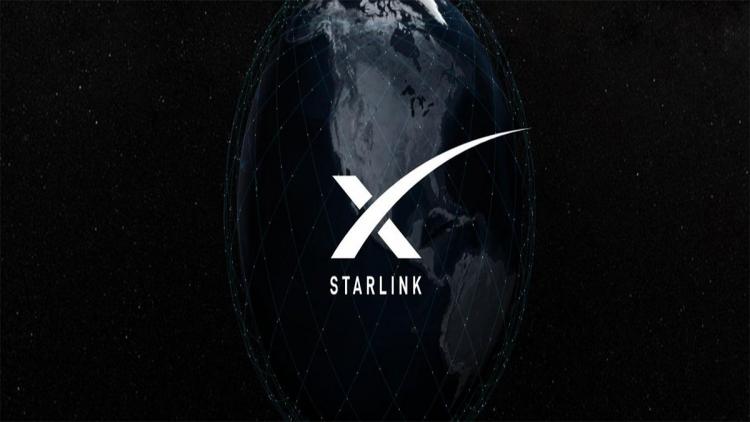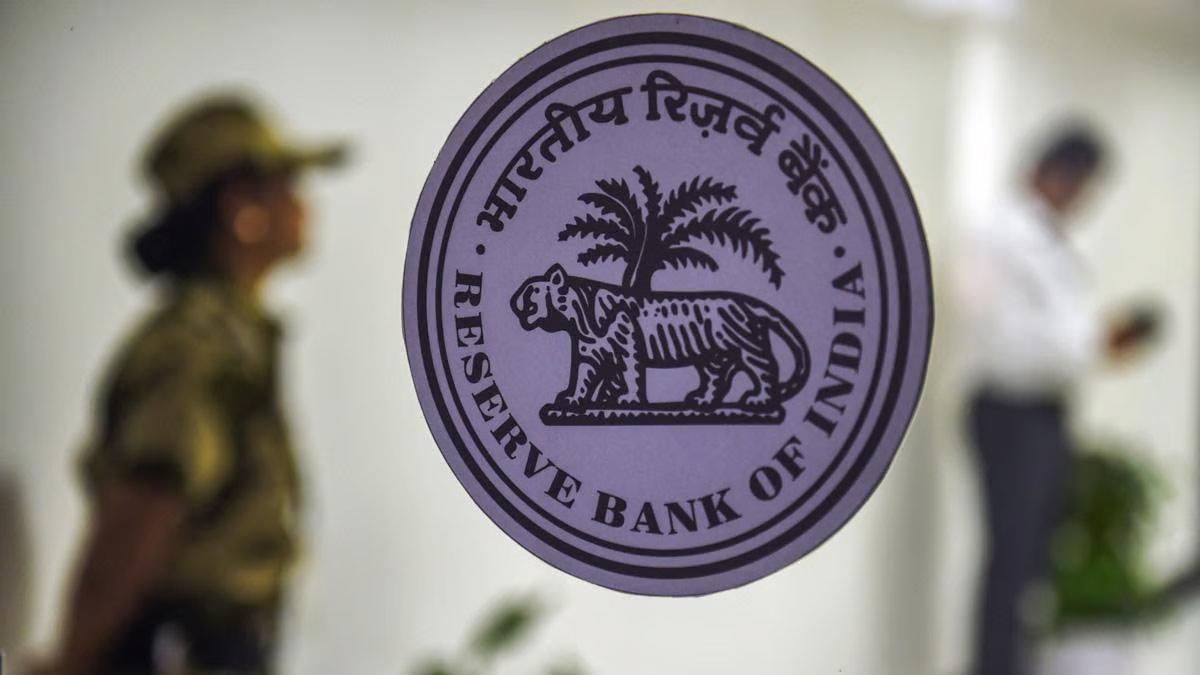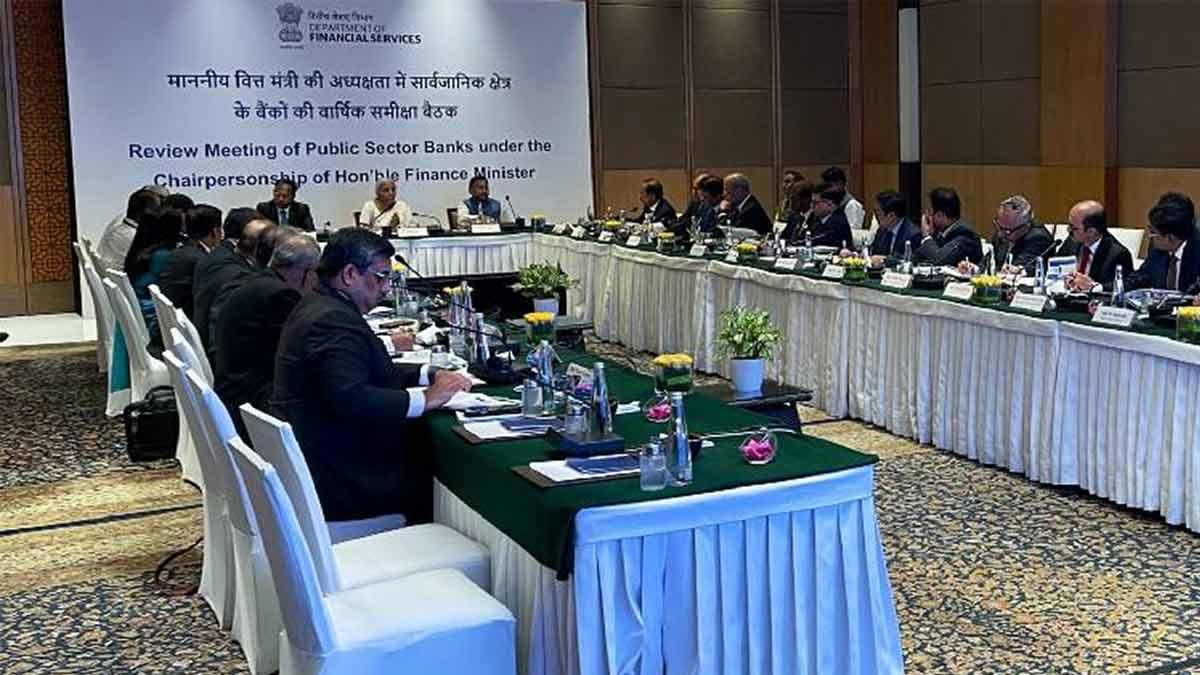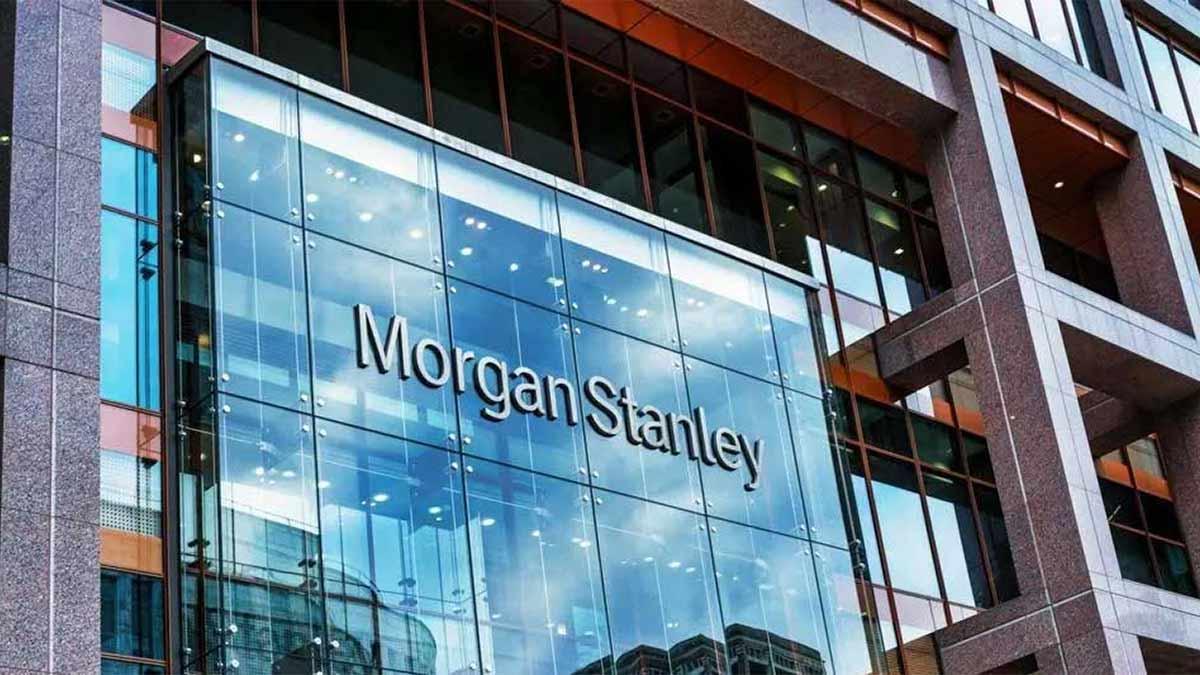The Federal Communications Commission (FCC) in the US has decided not to award Elon Musk's Starlink nearly $900 million in subsidies for expanding broadband services in rural areas due to its failure to meet basic program requirements. The Universal Service Fund program, designed to enhance broadband access in rural areas, underwent a careful review, and Starlink was initially qualified at the short-form stage. However, at the long-form stage, the FCC concluded that Starlink failed to demonstrate its ability to deliver the promised service. The FCC determined that funding Starlink's proposed networks would not be the best use of limited Universal Service Fund dollars for bringing broadband to unserved areas in the US. Starlink's technology was deemed "still developing" last summer, requiring users to purchase a $600 dish.
Key Points:
1. The US Federal Communications Commission (FCC) has decided not to grant Elon Musk's Starlink nearly $900 million in subsidies for rural broadband expansion due to its failure to meet program requirements.
2. The 'Universal Service Fund' program, funded by consumer contributions, aimed to enhance broadband access in rural areas.
3. FCC Chairwoman Jessica Rosenworcel stated that Starlink failed to meet the necessary requirements after a thorough legal, technical, and policy review.
4. While Starlink qualified at the short-form stage, the Commission found it unable to demonstrate the capability to deliver the promised service during the long-form stage.
5. The Commission emphasized that allocating funds to Starlink's proposed networks wouldn't be the optimal use of limited Universal Service Fund dollars for expanding broadband in unserved US areas.
6. The 'Universal Service Fund' program has authorized over $6 billion to bring fiber gigabit broadband service to more than 3,458,000 locations in 49 states and the Northern Mariana Islands.
7. Many carriers, supported by the program, deployed future-proof networks connecting unserved areas.
8. Starlink was categorized as a "still developing technology" last summer, requiring users to purchase a $600 dish.
9. The decision underscores the FCC's commitment to allocating subsidies judiciously and prioritizing projects that effectively address broadband expansion goals.
10. This development highlights the challenges faced by innovative technologies like Starlink in meeting regulatory expectations and requirements for subsidies in the context of broadband expansion efforts.
(With Agency Inputs)


















